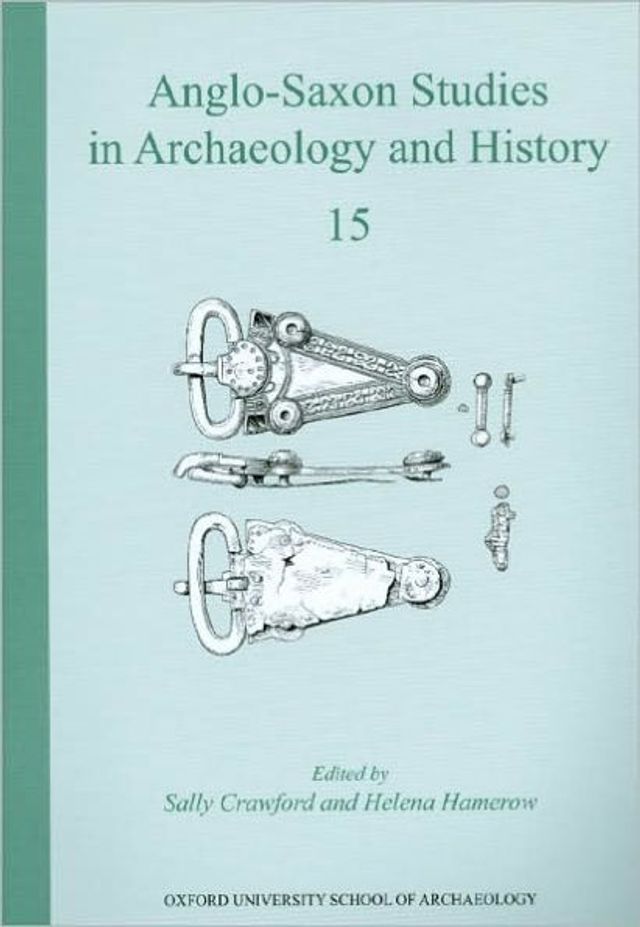Home
Anglo-Saxon Britain. By: Grant Allen
Loading Inventory...
Barnes and Noble
Anglo-Saxon Britain. By: Grant Allen
Current price: $8.95


Barnes and Noble
Anglo-Saxon Britain. By: Grant Allen
Current price: $8.95
Loading Inventory...
Size: OS
*Product Information may vary - to confirm product availability, pricing, and additional information please contact Barnes and Noble
Allen was born near Kingston, Canada West (known as Ontario after Confederation) - the second son of Catharine Ann Grant and the Rev. Joseph Antisell Allen, a Protestant minister from Dublin, Ireland.His mother was a daughter of the fifth Baron of Longueuil. He was educated at home until, at age 13, he and his parents moved to the United States, then to France and finally to the United Kingdom.[3] He was educated at King Edward's School in Birmingham and at Merton College in Oxford, both in the United Kingdom. After graduation, Allen studied in France, taught at Brighton College in 1870-71 and in his mid-twenties became a professor at Queen's College, a black college in Jamaica. Despite[citation needed] his religious father, Allen became an agnostic and a socialist. After leaving his professorship, in 1876 he returned to England, where he turned his talents to writing, gaining a reputation for his essays on science and for literary works. A 2007 book by Oliver Sacks cites with approval one of Allen's early articles, 'Note-Deafness' (a description of what became known as amusia, published in 1878 in the learned journal Mind). His first books dealt with scientific subjects, and include Physiological Æsthetics (1877) and Flowers and Their Pedigrees (1886). He was first influenced by associationist psychology as expounded by Alexander Bain and by Herbert Spencer, the latter often considered[by whom?] the most important individual in the transition from associationist psychology to Darwinian functionalism. In Allen's many articles on flowers and on perception in insects, Darwinian arguments replaced the old Spencerian terms, leading to a radically new vision of plant life that influenced HG Wells and helped transform later botanical research. On a personal level, a long friendship that started when Allen met Spencer on his return from Jamaica grew uneasy over the years. Allen wrote a critical and revealing biographical article on Spencer that was published after Spencer's death.


















